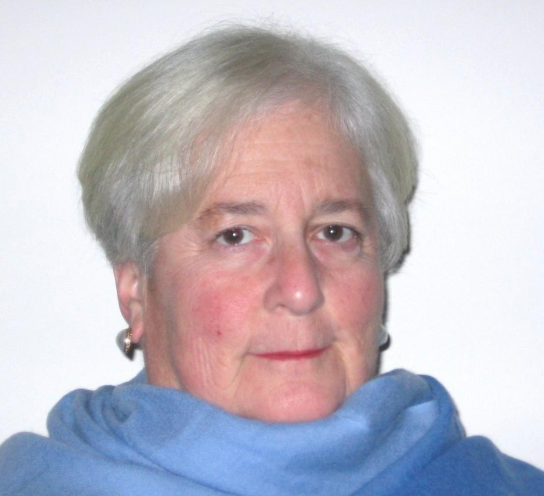By GARRY RAYNO, InDepthNH.org
CONCORD — An independent commission to redraw the state’s political boundaries was supported at a Senate committee meeting Thursday.
Although similar to a bill last year that was recommended unanimously by the Senate Election Law and Municipal Affairs Committee, this year a partisan 3-2 vote recommended approval by the full Senate when it meets Monday.
Last year’s bill passed the House and Senate by wide margins but was vetoed by Republican Gov. Chris Sununu, who claimed the commission would usurp the legislature’s constitutional obligation to determine political districts.
This session’s version — House Bill 1665 — makes clear the commission is advisory and the legislature has the final decision on the state’s political maps, said the bill’s prime sponsor, Rep. Marjorie Smith, D-Durham.
She noted that 80 percent of the state’s voters do not like gerrymandering because it creates unfair districts and said an independent commission would avoid the lengthy and costly litigation of past plans.
Smith said a Democratic colleague, who supported last year’s bill, was glad the bill was vetoed last year, noting the person believes Democrats would continue to control the legislature after this year’s election and will be able to draw the political lines more favorable to Democrats.
“I was horrified,” Smith said. “The last thing I want to see is the unfairness and inequity that exists here and across the country.”
Under the bill, the House and Senate leadership of both parties would choose 10 members from a list of candidates, and those 10 members would choose the final five members of the commission.
The commission would hold public hearings in all 10 counties and all of its meetings would be open to the public.
The bill contains a list of criteria the commission would use in drawing the new political boundaries for the Congressional, Executive Council, Senate and House districts.
The Legislature would have to approve the final plan. If the plan is voted down, the commission would review the reasons and revise the plan for another vote.
A state’s political boundaries have to be redrawn every 10 years to align with census figures.
Liz Tentarelli, president of the NH League of Womens Voters, called the last redistricting process very frustrating.
There were two public hearings of the redistricting committee but no maps or plans to view because the work was being done in secret by three people, she said.
“It was a disastrous experience,” Tentarelli said. “It was a terribly frustrating experience for the public. How do you comment on something if there is no map, if no work is done in public?”
She said public access really means understanding the process and it being done in a transparent way so the public understands what is going on.
A bill co-sponsor, Rep. Ned Gordon, R-Bristol, said his district looks like a salamander with no geographic or community continuity.
He said he was a state senator when the political maps were redrawn in 2002 and most of the work was done by staff not senators.
“I don’t see the difference between delegating to staff or a redistricting commission,” Gordon said. “I prefer a commission because it is more fair and less susceptible to political influence.”
Former Rep. Bob Perry, who is the chairman of the board of directors of Open Democracy Action, a group seeking to reduce the influence of money in politics, said the current system gives special advantage to the party drawing the political boundaries.
“Legalized fraud is committed on the voters for 10 years,” he said, “by ensuring not everyone’s vote has equal value.”
He said the bill is one step closer to a perfect union.
Committee member Sen. Thomas Sherman, D-Rye, asked Smith what incentive legislators would have to adopt a plan developed by the commission if it is only advisory.
“I don’t think there is anything more important than the voice of the electorate,” Smith said, noting the bill lays out a process that is going to be very public in each of the state’s 10 counties with multiple opportunities for the public to follow what is going on.
“If we have learned anything in the last few months, it is that the public is paying attention,” Smith said, “and they are holding us to the high standards we all should want to fulfill.”
The Senate is expected to pass the bill sending it to the governor’s desk, but he has not indicated his thoughts on an independent commission have changed.
Garry Rayno may be reached at garry.rayno@yahoo.com.





